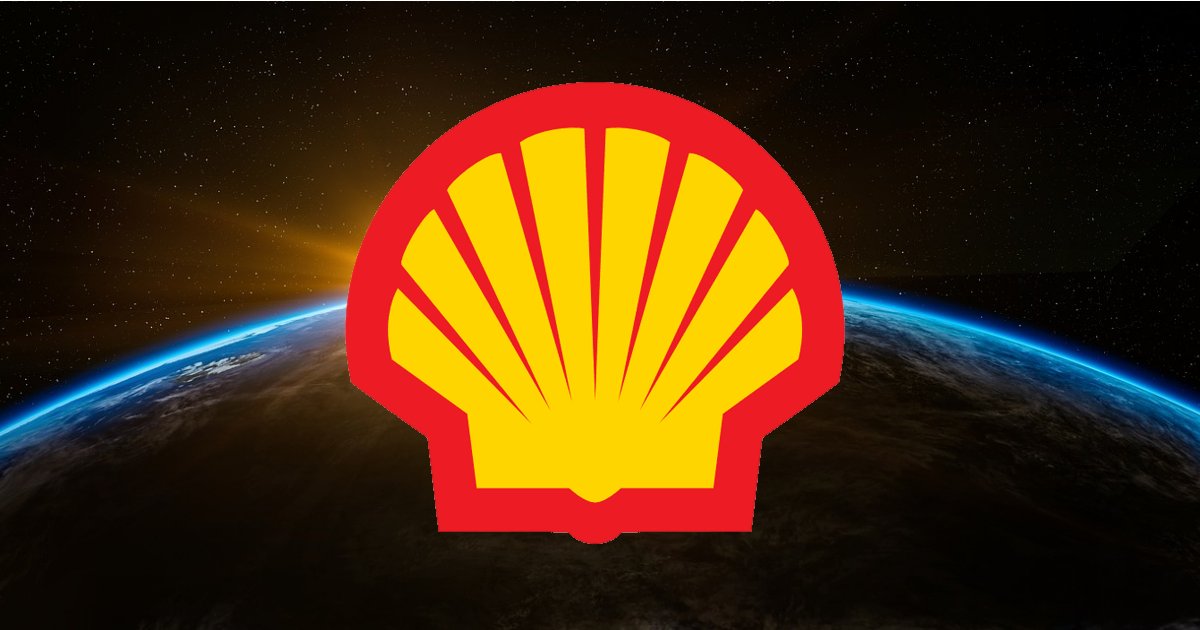Has fossil fuel goliath Shell had a real road to Damascus moment? The company says it plans to become a net-zero emissions energy business by 2050.
“Society’s expectations have shifted quickly in the debate around climate change,” said Ben van Beurden, Chief Executive Officer of Royal Dutch Shell late last week. “Shell now needs to go further with our own ambitions, which is why we aim to be a net-zero emissions energy business by 2050 or sooner. Society, and our customers, expect nothing less.”
Shell had previously aimed to reduce the net carbon footprint of its energy products by approximately 20% by 2035 and by around half by 2050. This is to be raised to 30% by 2035 and 65% by 2050. But that leaves scope three emissions – those associated with end use of products.
The company says it will achieve the 100% target by:
- Becoming net zero on all the emissions from the manufacture of all its products (scope one and two emissions)
- Reduce the net carbon footprint of its energy products, by selling more products with a lower carbon intensity (renewable, biofuels and hydrogen)
- Putting the responsibility back on the customer (scope three emissions)
Regarding the final point, Shell states:
“… society will continue to need some energy products that create emissions for the foreseeable future. So Shell will continue to sell such energy products,” says an explainer page. “But that does not mean Shell cannot be a net-zero emissions energy business, because our customers can themselves take action on their emissions.”
The firm says users of its products will need to mitigate emissions caused by their energy use in order to reduce their own scope one and two emissions.
Hrm. What if these customers don’t? How will that be accounted for? Shell says it will develop a method for tracking and reporting emission reduction by its customers, but doesn’t mention what will be done about any shortfall. There are also a lot of other gaps in details yet to be filled in. And carbon emissions aside, there’s also the other havoc on environmental and human health that the extraction, production and use of fossil fuels wreak.
Still, it’s a start.
Shell And Solar Energy
Shell has had a somewhat chequered history when it comes to renewables. For example, the company once produced Shell-branded solar panels that were also sold in Australia – but its exit from solar panel manufacturing wasn’t particularly graceful.
Shell dropped all its solar projects in 2009, but then returned with an interest in 2016 with the forming of its New Energies division. Solar panel manufacturer Solar Frontier is owned by Showa Shell Sekiyu Kabushiki Kaisha, the base of Royal Dutch Shell group in Japan. In 2017, Shell invested in Singapore’s Sunseap Group and last year it announced its intention to acquire German battery maker Sonnen after making an initial investment in the energy storage firm in 2018.


 RSS - Posts
RSS - Posts



This is good news, although the one or two cynical people who exist in Australia may question what “putting responsibility back on the customer” means, seeing as that’s where the vast majority of their emissions come from — CO2 from burning petrol etc.
But if it costs $100 per tonne to remove CO2 from the atmosphere and sequester it long term then it would only add about 25 cents per liter to the cost of petrol. Something that seems quite affordable given what we were paying for it recently.